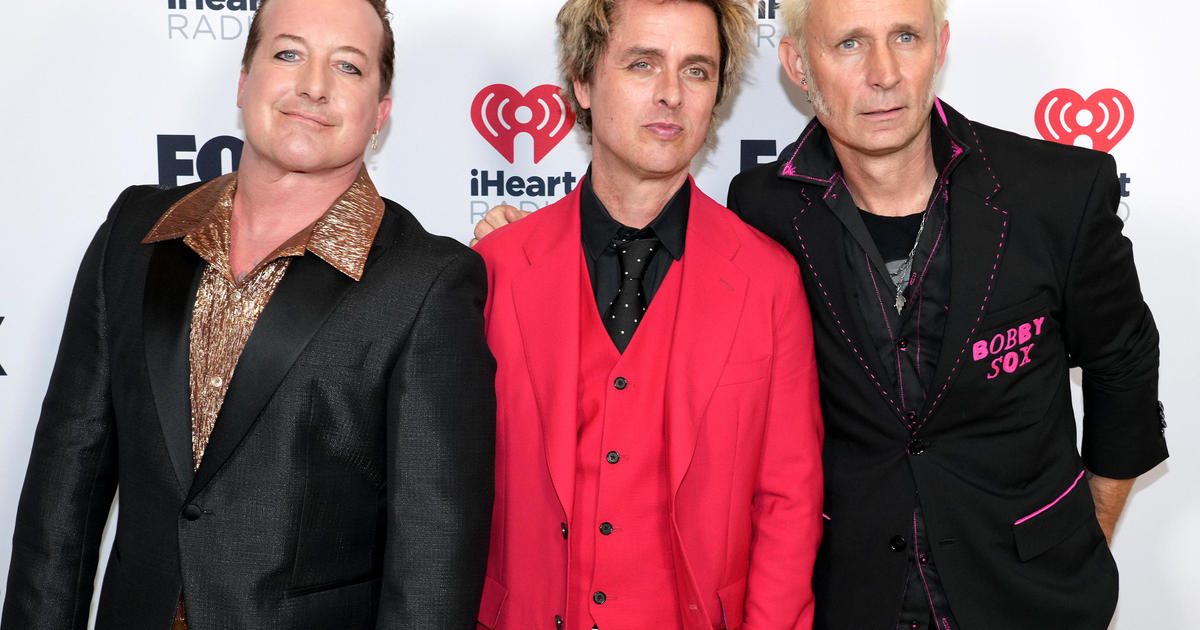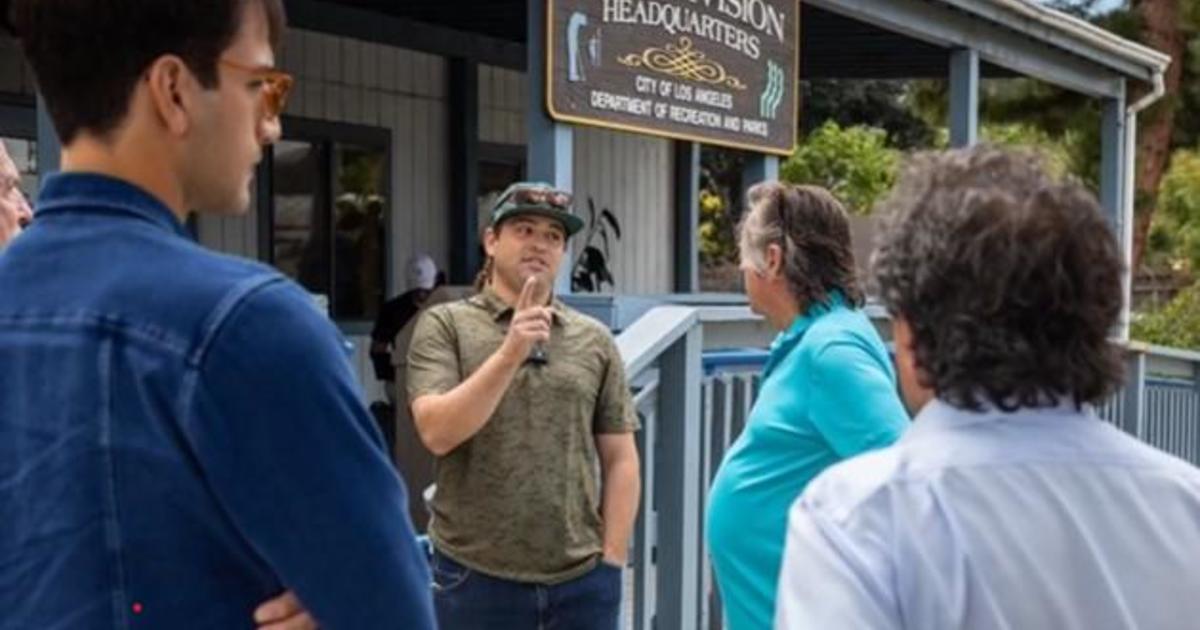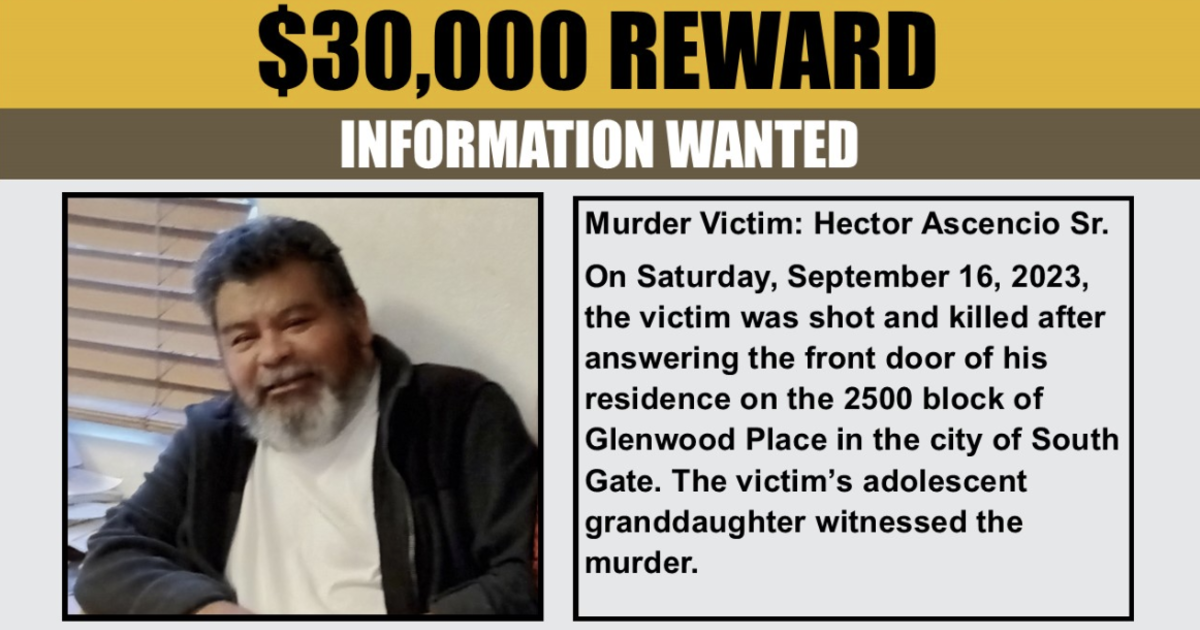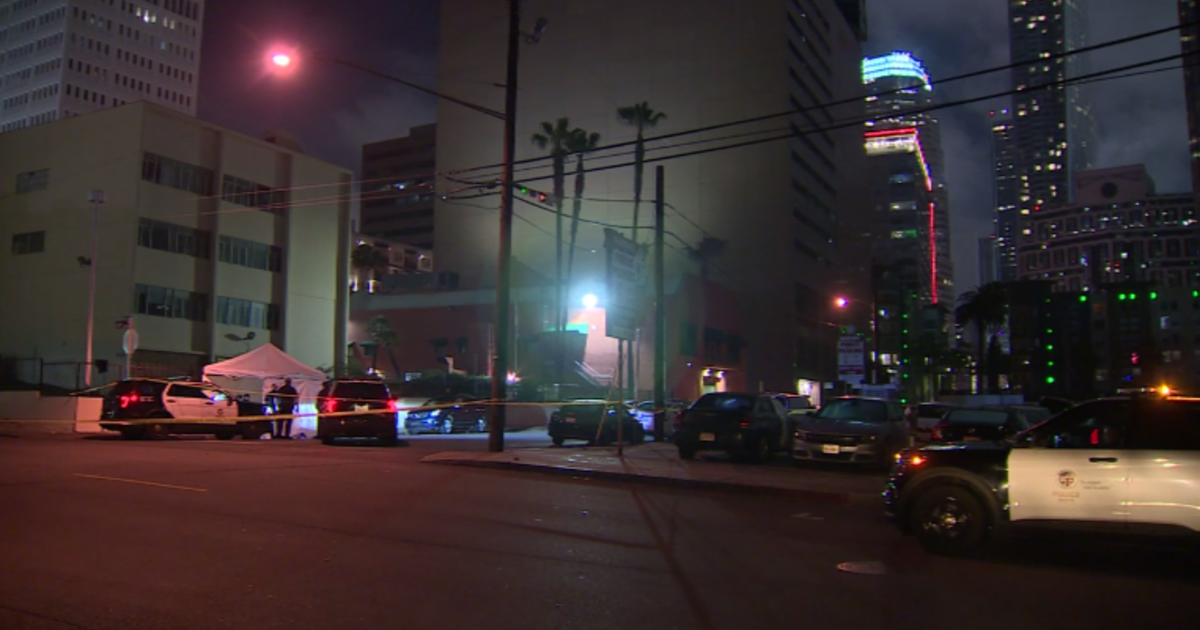Why You Shouldn't Ignore Prescription Labels
LOS ANGELES - Americans are taking more prescription medicine and with that the problems of people taking the wrong pills, at the wrong time, in the wrong dosage and with things they shouldn't be mixing.
The dilemma is enough for health officials to take note and to take action.
The problem is clearly reaching epidemic proportions. In a recently survey published in the Annals of Internal Medicine, almost half of the people questioned said they either misunderstood warning labels or ignored them all together.
One doctor, namely Dr. Maria Simbra tells you what to look out for.
For example, if your medicine says to "shake well"....what exactly is "well."
Well, Dr. Simbra says, to be safe, at least 20-30 seconds to re-suspend any drugs properly.
Also, when the drug says "take on an empty stomach", just how empty does your stomach have to be? Dr. Simbra says one hour before or two hours after a meal should do the trick.
And health officials want to warn patients about crushing tablets that say "do not crush" or "swallow whole." The pill might have a time-released benefit and crushing the pill -- and allowing it to digest faster -- might be dangerous.
Pharmacist David Hairhoger says "certain foods may interrupt the absorption or block the absorption of that medication."
When a medicine also recommends taking "with food or milk" that is also not a suggestion ... it can mean the difference between the pill working correctly or the difference of major stomach upset.
Hairhoger says, "You should take milk or food with those medications to buffer the effect they may have on the stomach lining and decrease the possible upset stomach that may occur [if you don't.]"
Note that "take with milk" is also not the same as "take with water." A pill that says "take with water" might need more fluid to dissolve properly and might need to get completely flushed through the urinary tract.
Also, be very aware of a pill or medicine that says "may cause drowsiness." Especially the label that says to not take any alcohol in concert with that medicine. The alcohol can actually have what is known as a "synergystic" effect. You think you are taking one pill and a shot of alcohol but the two combined could add up to an enhanced effect, in other words 1 + 1 can equal 5.
Other medications, like the diabetic drug Glyburide, says "avoid direct sunlight while taking this medicine." People taking such medications are not aware but skin burn can occur at an increased rate of time. Someone who normally burns after being in the sun for half hour, might burn within 10 minutes, for example.
Finally, be sure to store your meds at the proper temperature. Check for labels that say, do not refrigerate, or keep at room temperature or avoid direct sunlight. Mother nature, or refrigeration, could cause a medicine to break down or lose its effectiveness.
And, if you should accidentally leave out a medicine that does require refrigeration, ask your pharmacist if it would still be okay to use. He or she will be happy to guide you. That's what they are there to do, help break down the confusion!



